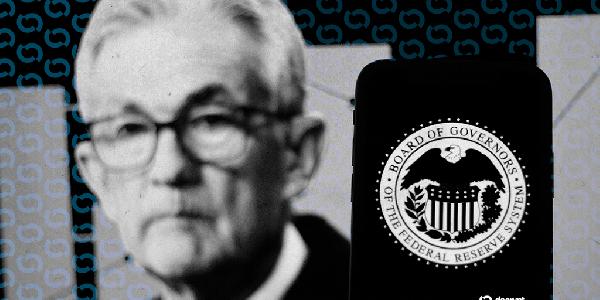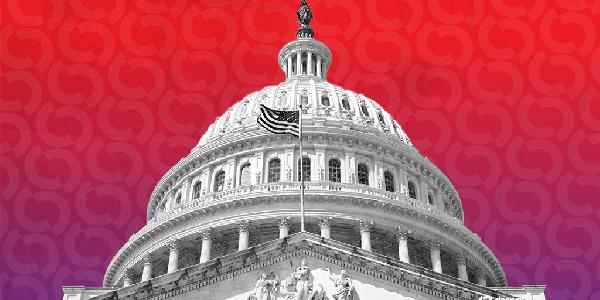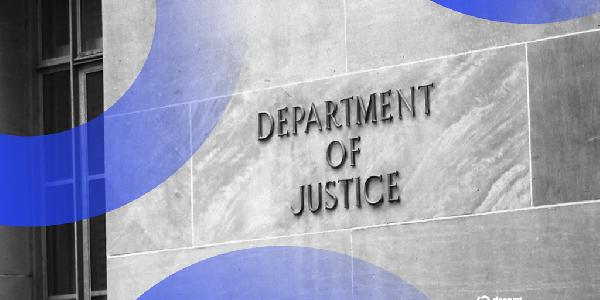California Governor Gavin Newsom signed an executive order on Tuesday, officially launching a state-backed initiative to modernize government operations with close collaboration from tech and crypto firms.
Dubbed the “California Breakthrough Project,” the task force quietly met for the first time on June 6 at Ripple’s San Francisco headquarters, more than a month before the project was made public.
Attendees included executives from various participating tech firms, including blockchain-based payments firm Ripple, U.S. crypto exchange Coinbase, and crypto payments startup MoonPay, according to a statement from the Governor’s Office.
“We will not shy away from progress, but embrace it for the benefit of all Californians,” Governor Newsom said in a statement, calling the initiative a way to bring together “the best and the brightest” to improve how the state works.
The project aims to convene state leaders and tech experts to address inefficiencies and “catalyze modern solutions within public services” to help drive innovation in key areas such as state licensing, occupational certification, workforce services, and public benefits delivery, according to the Governor’s Office.
Trust and transparency
While the state framed the effort as a broad collaboration with the tech sector, observers note that the inclusion of crypto-native firms stands out.
Ripple and Coinbase, two of the industry‘s most active participants in U.S. crypto policy debates and widely regarded as industry titans, are now helping shape California‘s approach to digital infrastructure and government reform.
With a GDP of over $4 trillion, the state ranks as the world‘s fifth-largest economy, surpassing countries such as the UK and India.
“California isn‘t just tolerating crypto, it‘s legitimizing it and recognizing its value,” Kony Kwong, CEO and co-founder of AI-focused economic layer GAIB, told Decrypt. Bringing in Ripple and Coinbase to advise on government efficiency “highlights an underlying trust in not only these companies but also the industry they operate in,” he said.
The significance, Kwong said, lies in who’s being brought to the table and when.
“Governments are usually years behind in onboarding new infrastructure,” he said. “This shows a rare case where crypto-native firms are part of the conversation early, before decisions are locked in.”
That early inclusion, he added, could shape how public services are built in ways that align with the core principles of blockchain: transparency, auditability, and resistance to centralized failure. “This isn’t about token speculation—it’s about infrastructure. And that’s where crypto can actually deliver.”
The state’s recognition signals that it sees blockchain “as foundational infrastructure, not just a financial technology,” Dominic Ryder, co-founder of tokenized basket management protocol Alvara, told Decrypt.
California’s move mirrors what’s happening in decentralized finance, where blockchain tech “enables entirely new organizational structures" and shows "how transparency and immutability can reshape government services," Ryder said.
Still, Ryder acknowledged that crypto “faces perception challenges.”
Given this, he added, governments “need to ensure citizens understand the technology benefits beyond speculation.”
Your Email









